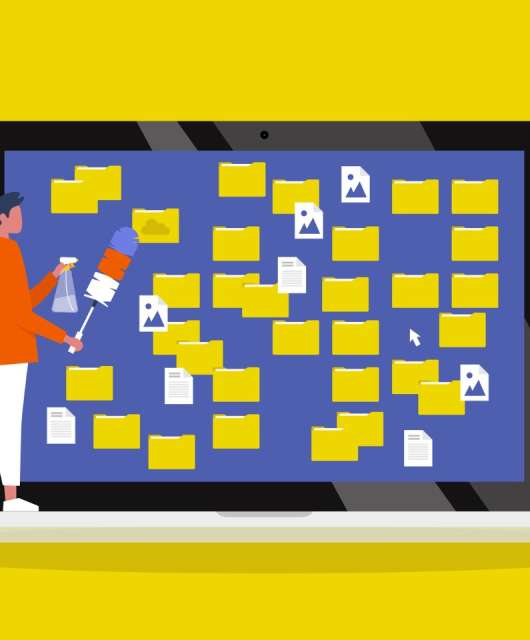Christmas is supposed to be a time for joy, peace and goodwill to everyone – but criminals aren’t getting the message. In fact, one US cybersecurity firm estimates that online crime will increase by nearly 60% over the festive period.
These figures shouldn’t be a surprise. The amount of shopping we do online increases exponentially during December, particularly around Black Friday. Cyber Monday and the period between Boxing Day and New Year.
So how can you better protect yourself in the face of concerted efforts to steal your money and personal information?
Fake websites
Probably the easiest scam to spot – and avoid – is the fake website. Scammers will often set up online shops that look “real”, copying a well-known brand’s website. But if you try and buy something, you will not receive your goods, and the scammer may steal your credit card details too.
There are two quick and effective ways to identify a fake website. First, the actual address will not be quite right. Instead of amazon.com, the site address may be amazon-us.com – close, but wrong.
Second, the prices advertised are much, much lower than you can find anywhere else. Retailers can reduce prices a little, but they tend to be very similar across the market. If an offer is too good to be true, it probably is.
You can protect yourself against fake websites by checking whether they fail either of the tests above. You should also install an Internet safety toolkit like Panda Dome which includes a safe browsing feature, designed to stop you being tricked into visiting fake websites.
Phishing emails
Another form of fakery, phishing emails generally pretend to come from a well-known retailer. Some will try and convince you to click through to a standard fake website, others will trick your computer into downloading malware.
Malware presents the biggest threat to your personal security online. Hackers can use these tiny applications to scan your computer for valuable – or embarrassing – data to steal. They can monitor exactly what you type on your keyboard – including passwords and credit card numbers – over the course of days, weeks or months. Or your computer could be joined to a bot network, ready to participate in a larger fraud at some point in the future.
Because the run up to Christmas is so busy, it is easy to let your guard down. Time is short and your inbox is full, so you may not conduct the quick checks that protect you. But it is absolutely vital that you check each message for the following:
- Sender address – any sales email coming from a “free” service like Gmail or Yahoo is likely to be fake.
- Message attachments – legitimate sales emails never contain attachments, but fakes do.
- Spelling and grammar – poorly worded emails are often a sign that the message may be fake, written by a foreign hacking gang.
Any message that fails these tests should be scanned using an anti-malware tool like Panda Dome – or deleted immediately.
Protect yourself now
According to the study mentioned at the star of this article, cyberattacks peak just after Christmas – so it’s not too late to protect yourself. Download a free trial of Panda Dome today and help to keep your computer safe from Christmas killjoys.








